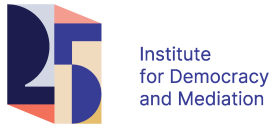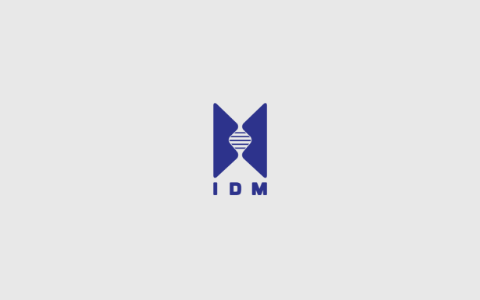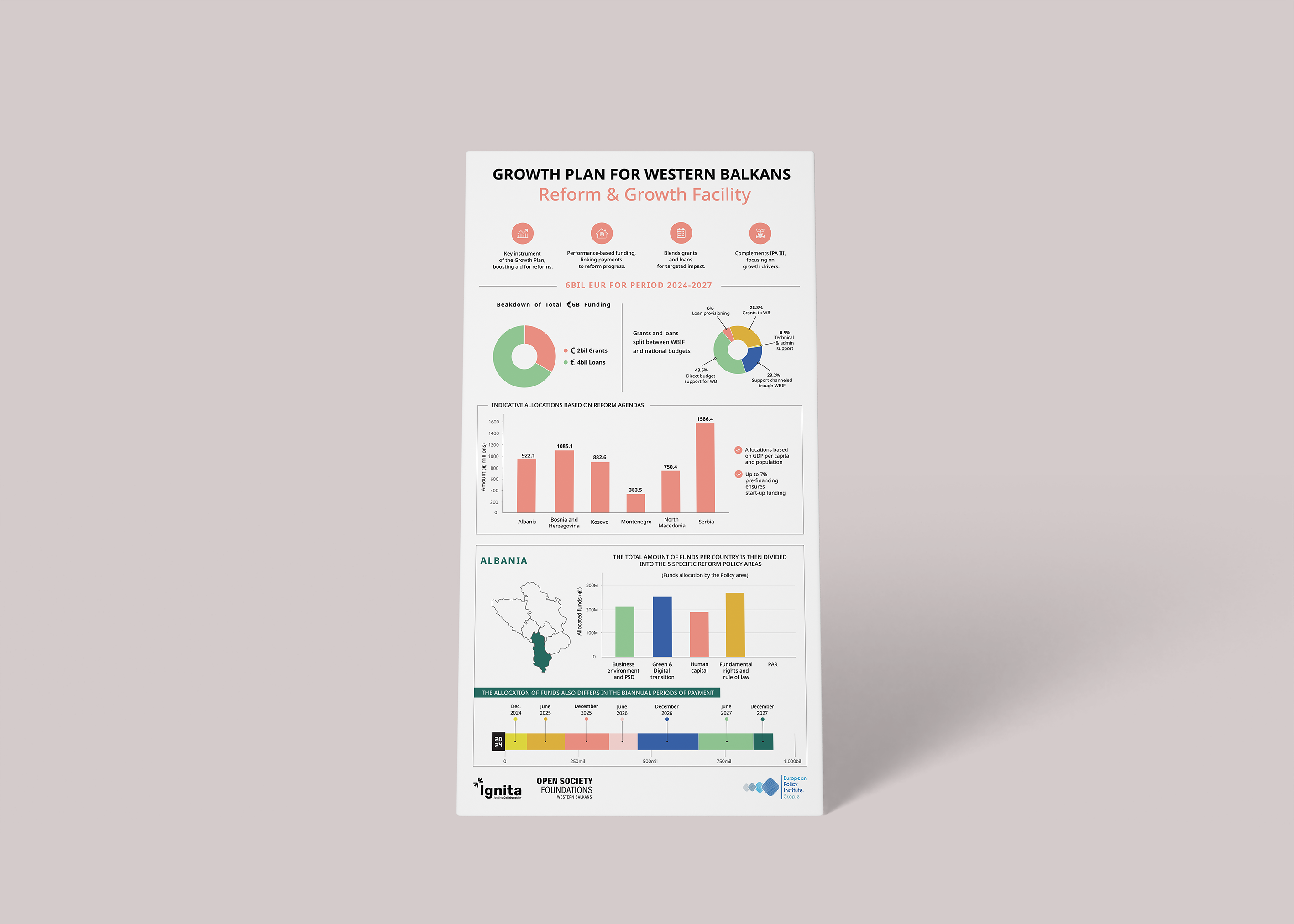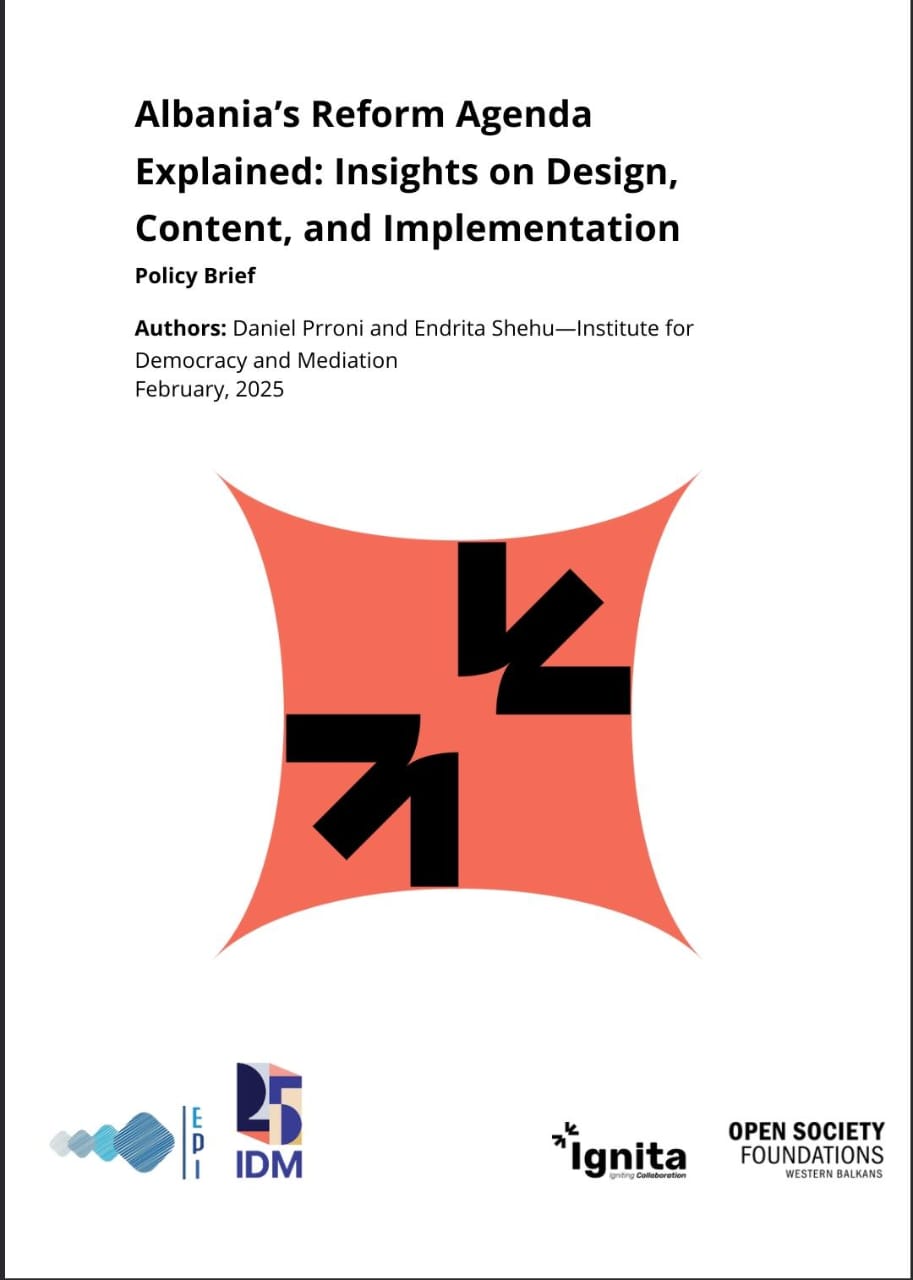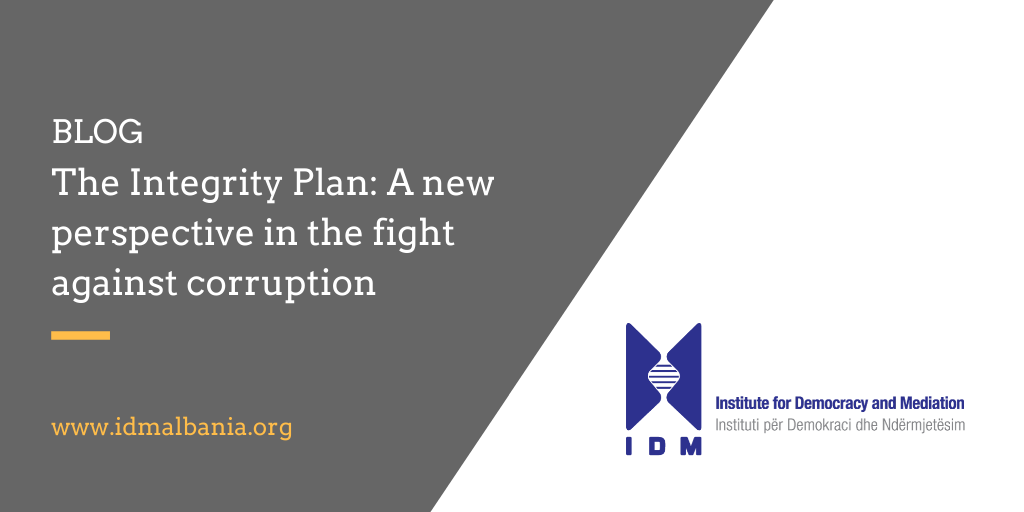In December 2019, the Institute for Democracy and Mediation (IDM) developed the Integrity Risk Assessment Methodology for the Central Government[1]. This is a mandatory anti-corruption instrument which is implemented by central institutions aiming to draft an integrity plan. A good experience for the development of this instrument was the Integrity Risk Assessment Methodology for local government units[2], which was implemented in some municipalities of the country during the establishment of the integrity management systems. The central government methodology was piloted in the Ministry of Justice (MoJ), which became the first public institution in the country to draft and approve an Integrity Plan.
The methodology for assessing the risk of corruption enables the analysis of public institutions’ exposure to corruption.
While the Integrity Plans are instruments of regulatory and practical nature for the elimination and prevention of the occurrence and development of corruption within the institutions.
Throughout the development process of integrity in the Ministry of Justice some recommendations were identified for strengthening the integrity of the public sector, which are summarized below:
- Institutional leadership: A successful integrity planning process cannot begin without first obtaining the commitment and support of the governing body of the institution. Heads of institutions will have to lead the entire process of planning and managing the integrity of the institution to give importance as well as to ensure the continuity of the process.
- Institutional and regulatory framework that fosters and supports a culture of integrity: While leadership is important in initiating and supporting integrity planning processes, it needs to be further reflected by institutional policies. The strategic and regulatory framework of the institution should support a culture of integrity, including a variety of integrity management instruments and mechanisms. This includes specific aspects of integrity, such as compatibility of functions/responsibilities exercised, declaration of assets, acceptance of gifts by employees, conflict of interest, etc.
- Anti-corruption institutional structures: Anti-corruption structures need to be strengthened through institutional support, creating a clear regulatory framework as well as being equipped with sufficient and qualified human resources.
- Human resources: Effective integrity risk management in the institution needs to define the lines of communication and reporting between different levels of management; sharing the concrete role and responsibilities of each employee; qualification and training of human resources. The commitment and obligation of each head of public institutions should be to build transparent processes in the recruitment of human resources, by not allowing the interference of political influences and nepotism.
- Support with financial resources: The Integrity Plan requires the necessary financial resources to fight corruption. Setting budget lines for its implementation should be on the focus of public institutions to guarantee full support for its effectiveness.
Integrity plans are part of joint efforts to combat exclusion, inequality, and mistrust in public institutions.
These three “diseases” sum up the cost of corruption. In this context, integrity plans will not only strengthen the ability of institutions to prevent corruption through the treatment of its symptoms but will also enable a culture of public management which puts ethics and integrity as the cornerstones of good governance.
[1] In the framework of the Project “Strengthening the Integrity of Central Government: Integrity Plan for the Ministry of Justice of the Republic of Albania” supported by the ISDA Project.
[2] MVRINJVV was drafted in the framework of the Project “Strengthening Ethics and Integrity in Local Government”, with the UNDP assistance under the STAR2 project.
*Read the Integrity Risk Assessment Methodology for Central Government Institutions approved by MoJ Order no. 333 dated 07.10.2020.
